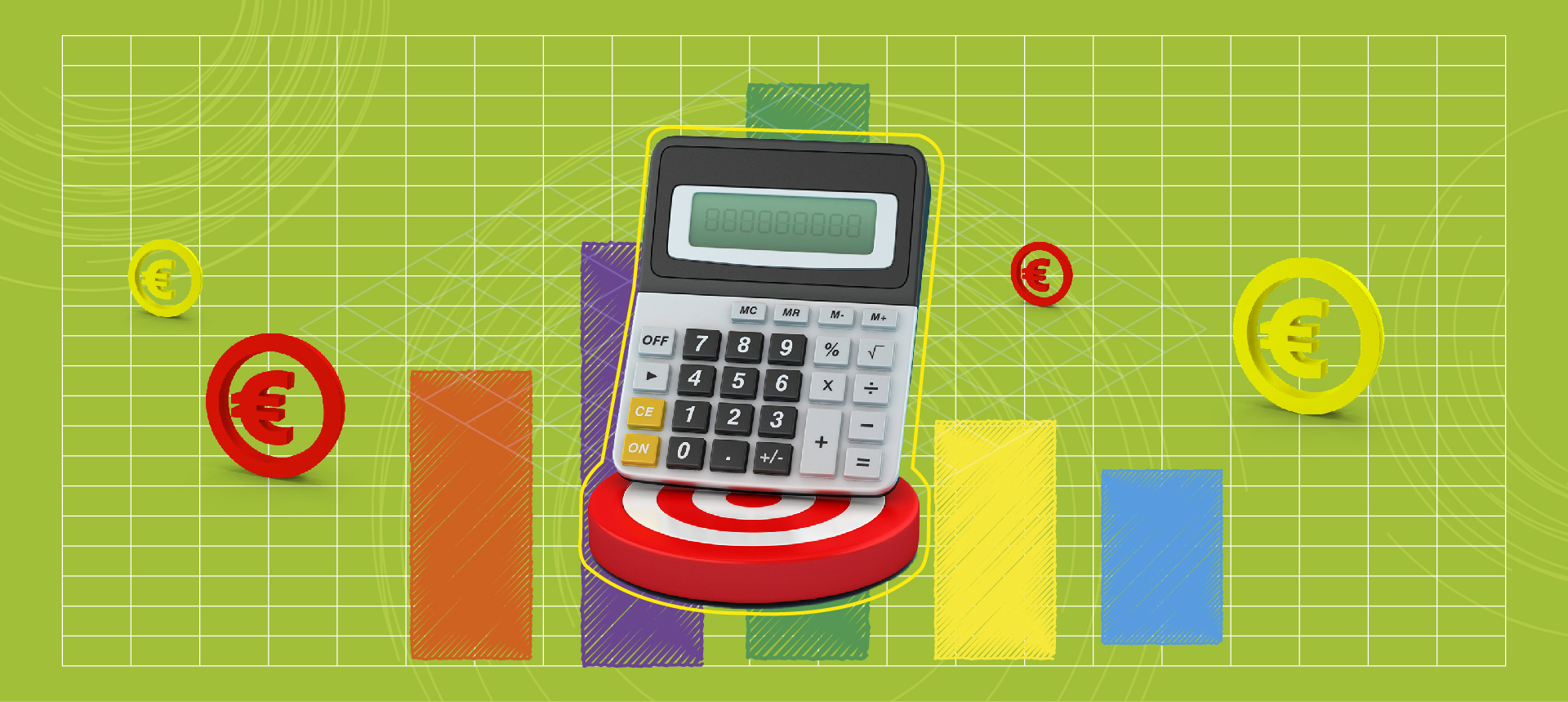
Registering for a VAT number is an important step for those who want to start an independent business or pursue a freelance career. However, managing finances with variable income can be challenging, especially without effective planning.
Here are five practical tips to better organize your expenses and maintain financial stability, even in uncertain situations.
1 – Calculate Your Actual Net Income
When working with a VAT number, not all your earnings are profit. You need to consider:
- Taxes and social security contributions. These costs depend on the chosen tax regime (e.g., the flat-rate regime offers reduced tax rates).
- Professional expenses. Rent, software, consulting, or work materials. To avoid over-indebtedness, it’s crucial to create a monthly budget that accounts for all costs and helps you realistically plan your income and expenses.
2 – Set Up a Fund for Taxes and Unexpected Expenses
Set aside a fixed percentage of your earnings to cover tax payments, unexpected expenses, or periods of inactivity.
- Practical tip. Open a separate account dedicated solely to tax savings. This way, you’ll avoid financial difficulties when tax payments are due.
- Emergency fund. Aim to save the equivalent of 3–6 months of personal expenses to cover potential slow periods.
This strategy allows you to navigate temporary drops in clients with peace of mind while also preparing for unforeseen costs.
3 – Use Digital Tools to Track Expenses
There are many financial management apps and software designed for freelancers that help you:
- Track income and expenses.
- Keep track of invoices and tax deadlines.
- Analyze your spending habits to identify areas for savings.
A thorough analysis of your financial habits will help you save wisely, without giving up leisure and relaxation, while optimizing your earnings throughout the year.
4 – Diversify Your Income Sources
Relying on a single client or project can be risky. Diversifying your income allows you to:
- Maintain a more stable cash flow.
- Reduce financial risk in case of losing an important contract. Investing time in building a diverse portfolio of clients or offering complementary services can make a significant difference.
5 – Manage Variable Income Wisely
Some months you may earn a lot, while in others, much less—this is the reality of self-employment. To handle this variability:
- Set a fixed monthly budget. Calculate the minimum amount you need to live on and stick to that figure even during high-earning months.
- Save during high-income months. Accumulate extra funds to cover expenses in less profitable periods.
A mindful approach to financial management not only reduces stress but also builds long-term stability, even when income flow is inconsistent. Opening a VAT number may seem complex, but with proper financial planning, you can confidently handle economic challenges. Organizing expenses, tracking income and spending, and setting up emergency funds are essential strategies for achieving financial stability.
At the Museum of Saving, we believe that conscious financial management is the key to a successful professional and personal life. Discover more useful tips and educational tools on our blog. If you found this article helpful, explore the resources on our website and continue improving your financial skills!
